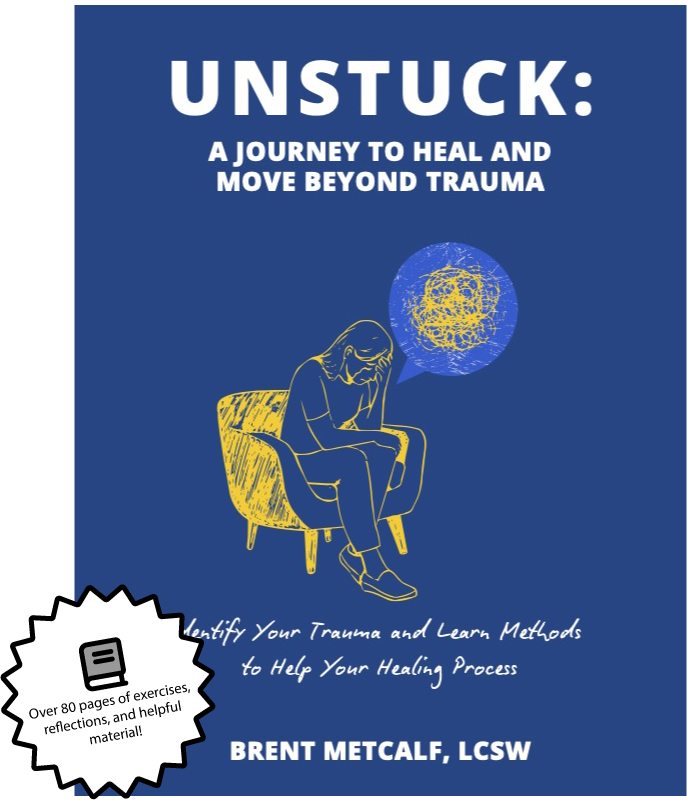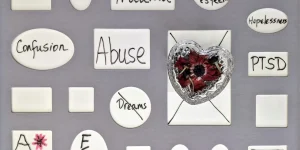Mindful Healing: How 4 Basic Mindfulness Practices Help With Trauma Recovery
Category: Trauma
The more you practice self-regulation, the better you’ll get at it. Use these four mindfulness practices to process your past traumas and bring yourself back to the safety of the present.

Topic Of Discussion
Trauma recovery doesn’t happen overnight. Past traumas are held in the body, and sometimes, no matter how much we may strive to ground ourselves in the present, our five senses can betray us. Whether it’s with sight, smell, sound, taste, or touch, sense memories can unexpectedly take us out of the present and back to the time and/or place of our traumas.
In these moments, be gentle with yourself. The more you practice self-regulation, the better you’ll get at it. Read on for four ideas of ways to bring yourself back to the safety of the present.
Breathe
You can do it just about anytime, anywhere. (Excusing yourself to the restroom is a surefire, no-explanation-required trick if you need a moment alone.) If you can, take a step outside for some fresh air. Placing your hands on your stomach can physically ground you. Then, whether with a breathing technique or simple deep breaths, slow down, inhale the present, and exhale the past.
Meditate
You can start and end your day with it or even try it on your lunch break. Need some guidance? There’s an app for that (a lot of which are free!) Meditation, especially as a daily practice, is a tried and true technique for dealing with trauma for a reason. Consider it a way of taking your breathing techniques to the next level, because by designating time to breathe and ground yourself, getting and staying in the present moment can ascend into a practice of self-healing.
Move
If you’re holding trauma so deep in your body that efforts to ground yourself aren’t working, you don’t have to hold still. Getting your blood pumping can be especially effective at reminding you that your heart is beating in the present. So, elevate your heart rate, elevate your breathing, and elevate yourself into the present by getting some exercise, even if it’s as simple as a long walk.
Journal
Having trouble understanding exactly what triggers you? It can be hard to know, especially if your trauma is fresher, and you’re still processing. Putting pen to paper might help. When you put your thoughts and feelings into written words, it can be easier to both speak them to your support system and understand them for yourself, making journaling a practice worth practicing.
Wrapping it up
Trauma recovery is a marathon, not a sprint. You’re likely going to need training buddies. If you need a little extra support, our experienced counselors at Tri-Star Counseling are prepared to cheer you on as you race into your healed and more grounded present.
Identify Your Trauma Learn Methods to Help Heal Start Your Healing Journey Today!
The UNSTUCK workbook is designed to help you move beyond trauma by answering key questions like, Can you get stuck at the age your trauma happened? Through guided exercises, you’ll explore different types of trauma and break free from patterns holding you back. Take the next step in your healing journey today!



